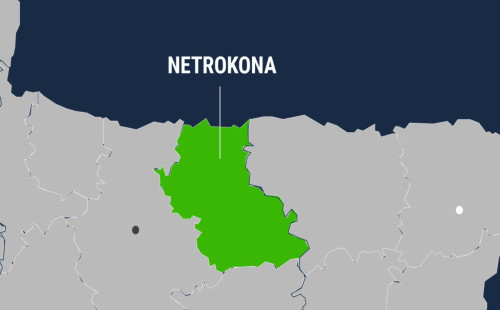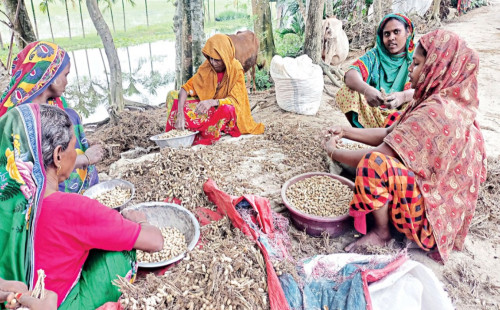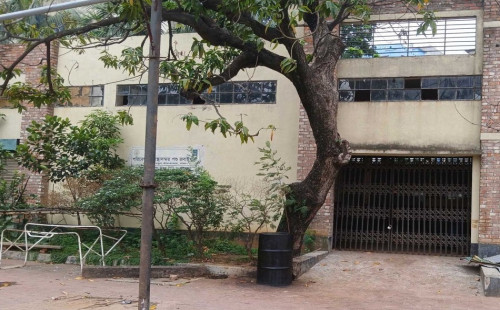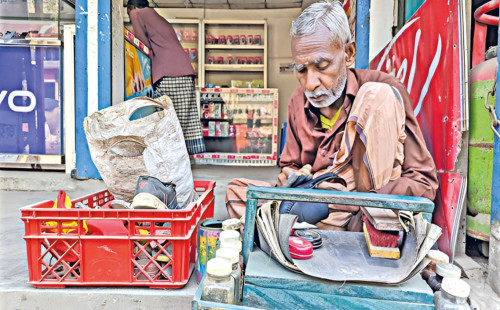Businesses blast NBR over harassment

Business leaders at a
hearing at the National Board of Revenue (NBR) headquarters in Dhaka yesterday
expressed frustration over irregularities, harassment and alleged extortion by
field-level revenue officials.
At
the "Meet the Business" programme hosted by the revenue board,
representatives from trade bodies across the country also accused the revenue
board of obstructing growth.
They complained about the non-adjustment
of advance income tax (AIT), high turnover tax on small firms and legal
harassment by customs and port officials.
"NBR
officials file false cases against exporters and importers," said Nasir
Khan, managing director of Jennys Shoes.
The
footwear exporter said that when the High Court clears companies of false
cases, no action is taken against the revenue officials responsible.
"Under Bangladesh law, filing a false case is a crime. If someone files a
false case, why are they not punished?" he asked.
Criticising
the treatment of the leather sector, Khan said the NBR had kept it as a
"bonsai tree" without room to grow.
According
to a survey by local think tank Centre for Policy Dialogue (CPD), more than 72
percent of firms, or three out of four, said bribery and harassment from taxmen
were major obstacles to expansion. Another 82 percent said current tax rates
were unfair.
Many
of the executives interviewed by the CPD complained that taxes were imposed
arbitrarily, without explanation or notice. They argued such practices created
an invisible cost greater than the tax itself, making the system deeply unfair.
Khan
said he has been exporting shoes for 35 years. Yet he cannot grow due mainly to
the flawed revenue structure facing the local businesses.
"Everyone
is becoming bank defaulters, and you see why. The main reason is the NBR,"
he said.
"Why
is the export from Bangladesh growing? Because NBR is cutting from the roots,
keeping us as bonsai. Why are you dwarfing our growth?" he asked.
A
representative from a leading steel mill accused Chattogram customs of
deliberately moving goods to private inland container depots (ICD), adding
costs and delays.
"After
unloading from vessels, we aim to clear goods within three days of free time,
but our goods are sent to inland depots to benefit certain businesses," he
alleged.
Mahbubur
Rashid Jewel, general secretary of the Bangladesh Re-Rolling Mills Association,
said the biggest challenge for their sector was the Loan-Deposit Ratio business
law.
He
noted that while turnover is usually high in heavy industries, profitability
fluctuates.
"The
increase in turnover tax is burdening us even when we are not making
profits," he said.
Md
Abdul Wahed, president of the Chapainawabganj Chamber of Commerce and Industry,
said businesses were struggling to secure refund payments.
Imran
Hassan, secretary general of the Bangladesh Restaurant Owners Association,
complained about repeated changes to value-added tax (VAT) rules.
"If
so many experiments are carried out, we will not survive," he said,
calling for decisions to be made in consultation with stakeholders.
Addressing
the NBR chairman, Hassan said, "Your [NBR] officials extort money.
Of
the total VAT and tax that is supposed to be collected, only 20 percent goes to
the state treasury. The rest is lost to corruption through collusion between
NBR officials and certain businesses."
Despite
their criticism, business leaders thanked the NBR for recent initiatives meant
to ease operations, including more flexible rules on HS code complexities.
NBR
Chairman Md Abdur Rahman Khan said the new generation expected fair treatment.
"Businesses
pay a portion of their hard-earned income, but they often feel they are not
receiving proper services or benefits in return," said the revenue board
chief.
He
stressed that the revenue authority sought greater collaboration with
commercial banks to help taxpayers. He said this would not involve monitoring
individual bank accounts but would instead streamline tax compliance processes.
According
to him, the NBR plans to allow non-bonded exporters to release raw materials
under bank guarantees and is considering bringing frozen fish exporters under
bond facilities. Bond automation will also be introduced to cut the frequency
of annual audits.
Corporate
tax return submissions are also set to move online later this year, while
income tax practitioners will be able to submit clients' returns online from
next week.
The
NBR has also introduced a Grievance Redress System to handle taxpayer
complaints and urged businesses to use the platform.
Responding
to the concerns raised by the business leaders, Khan said regulatory reforms
were needed.
"We
must amend certain rules to make day-to-day business operations easier,"
he said, adding that plans were underway to monitor field officers' performance
to ensure accountability.
He
admitted the turnover tax had become a burden but said it was often used to
offset revenue shortfalls.
"Why
do we have to do this? Because we are not generating enough revenue. That is
why we resort to such measures," he said.
"If
corporate tax is 30 percent and you get only 10 percent net, then you need to
pay a bit more. What we have done is: if you incur losses, or if your payable
tax doesn't reach the minimum, you can carry it forward to the next period. We
have given this opportunity.
"Now,
we need revenue. I am repeating: as a nation, we are heavily indebted. There is
no alternative but to increase revenue. That is the reality. Everyone has to
contribute," said the NBR chairman.
















